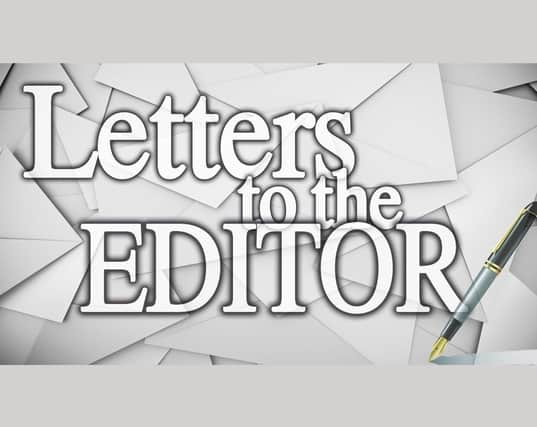Letter: I feel privileged to have attended a magnificent Anglican church service in Dublin with music of astonishing excellence


I think it is not hyperbolic to suggest that the choral traditions of the Church of Ireland, no less than the Church of England, are unmatched world wide. I was privileged to see this for myself in the magnificent service in the splendid setting of the refurbished St Bartholomew's Church in Clyde and Elgin Roads, Dublin 4 on the evening of Thursday May 18. From beginning to end the music was of an astonishing excellence. Better I would say than that of Trinity College Dublin and the equal of any cathedral throughout the length and breadth of Ireland. Our wonderful choir would not have been daunted singing in Westminster Abbey at the coronation of Charles III.
The musical details of the service make the point for me. Only a superbly confident and ambitious choir would even attempt it. From Sir Percy Buck's 'Eternal Monarch, King Most High' (Latin Aeternae Rex Altissime, 5th c., translated by J.M.Neale (1818-1856), to The Communion Motet, God is gone up with a triumphant shout' (text by the Puritan poet Edward Taylor (c.1646-1729), music by Gerald Finzi (1901-1956), Opus 27.2, 1951, to Michael Saward's, 'Christ triumphant, ever reigning' to the Sortie of Percy W. Whitlock (1903-1946). probationer at Rochester Cathedral at the age of 7) as the concluding Organ Voluntary, we are uplifted by musical riches beyond compare. And all to the background of the sublime Mozart setting.
Advertisement
Hide AdAdvertisement
Hide AdThis year Ascension Day fell on the 18 May, the anniversary of the day in 1944 when the heroic and gallant Poles took Monte Cassino. We are reminded of the debt England owes to the Poles over London in August and September 1940 in the Luftschlacht um England and of the debt the whole of Christian Europe owes to the Poles in 1944. And as I write Poland is vindicated once again in the support it is now giving to Ukraine.
Dr Gerald Morgan, Dublin